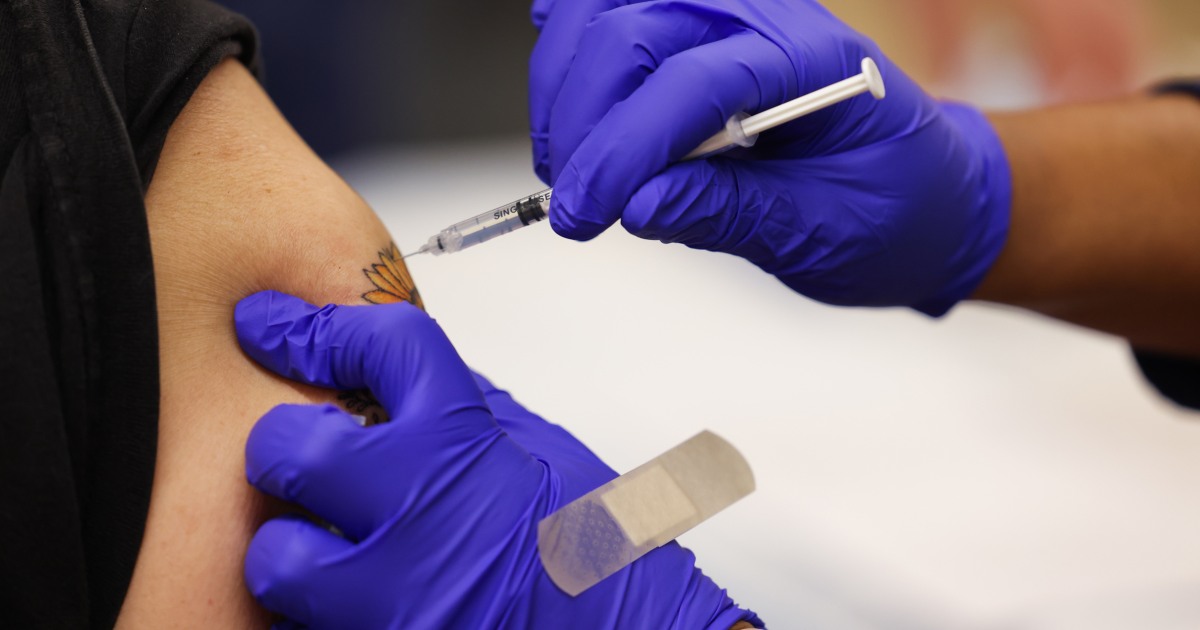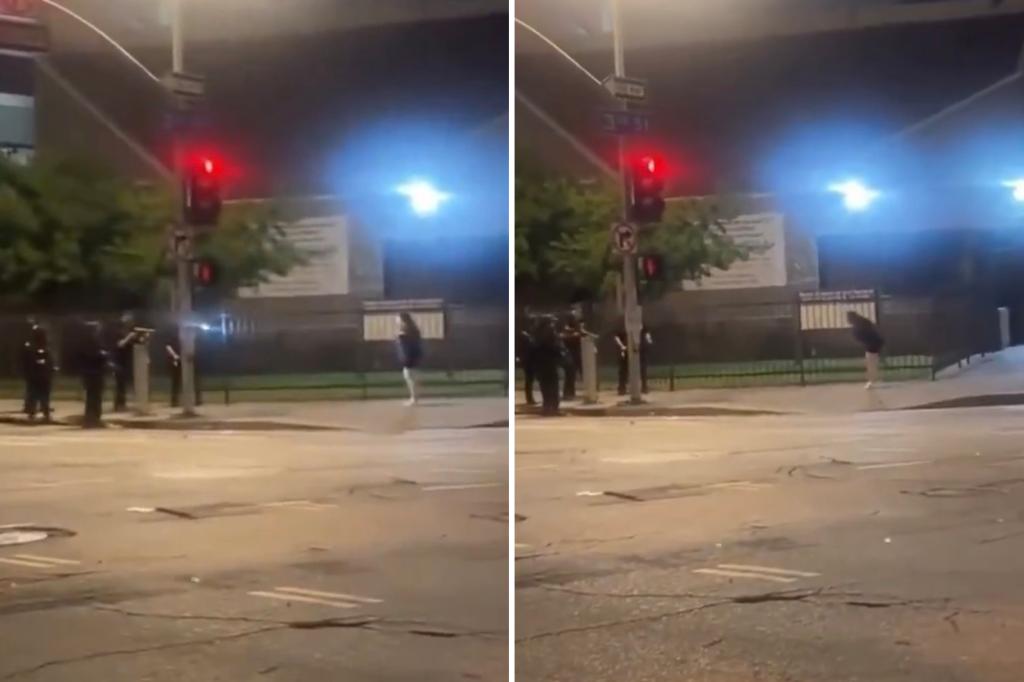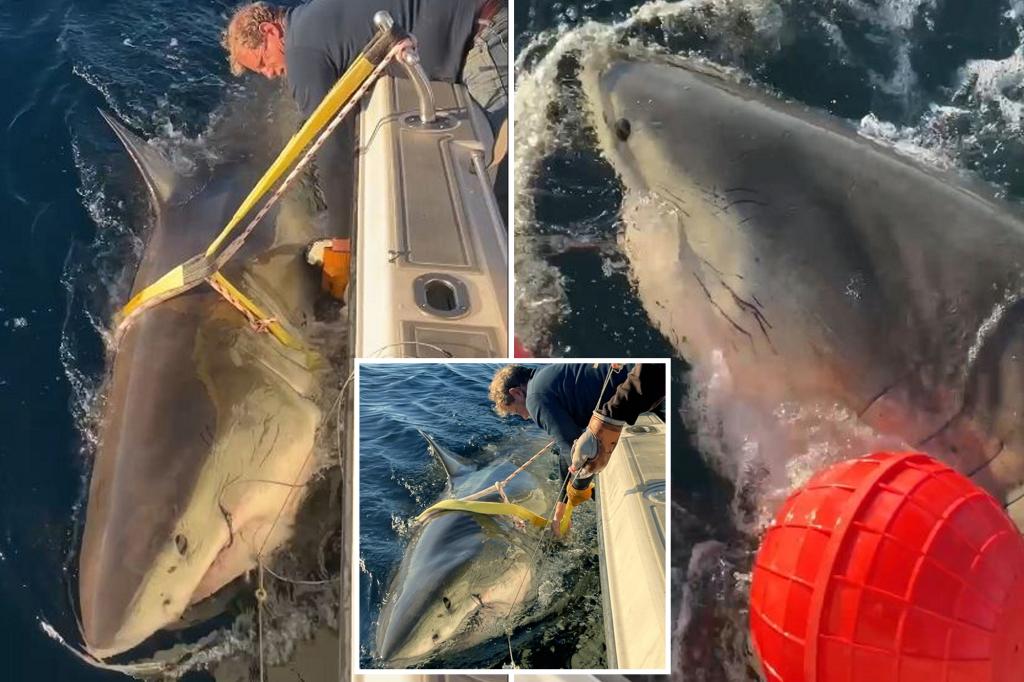New Insights: CIA Revises Covid Origins Assessment, Points to Lab Leak Theory
In a surprising turn of events, the Central Intelligence Agency (CIA) has made headlines by revising its assessment of the origins of Covid-19, suggesting that the lab leak theory could be the most plausible explanation for the outbreak. This revelation not only reignites discussions surrounding the pandemic’s origins but also raises significant questions about transparency and accountability in the early days of Covid-19’s emergence.
The Evolution of the Lab Leak Theory
The lab leak theory has been a topic of heated debate since the onset of the pandemic. Initially dismissed by many as a conspiracy theory, recent investigations and scholarly discussions have lent it a measure of credibility. The CIA’s updated assessment underscores a shift in perspective that has been building over the last few years. In the early stages of the pandemic, the predominant narrative centered around zoonotic transmission—where diseases jump from animals to humans. However, the emergence of new evidence, coupled with a lack of definitive answers, has led to a reevaluation of the lab leak theory.
Reports indicate that the virus may have originated from the Wuhan Institute of Virology (WIV), a facility known for its research on coronaviruses. The proximity of this laboratory to the initial outbreak has fueled speculation regarding whether the virus accidentally escaped during research activities. While definitive proof remains elusive, the CIA’s willingness to consider this possibility reflects a broader trend of scrutiny towards the origins of Covid-19.
Implications of the CIA’s Assessment
The CIA’s revised assessment carries significant implications for global health policies, scientific research, and international relations. Here are some key aspects to consider:
- Global Health Security: Understanding the origins of Covid-19 is crucial for preventing future pandemics. If the virus did indeed escape from a lab, it raises concerns about biosafety protocols in laboratories worldwide.
- Scientific Integrity: The scientific community has always emphasized transparency. Acknowledging the lab leak theory could foster a more open dialogue about research practices and the importance of sharing data in real-time during outbreaks.
- International Relations: The implications of the CIA’s findings may strain relations between the United States and China. As investigations continue, governments must navigate a complex landscape of diplomacy and accountability.
Historical Context: The Response to Covid-19
The early response to Covid-19 was marked by confusion and a lack of clarity. In the rush to manage the outbreak, the focus was primarily on containment and treatment rather than investigating its origins. The World Health Organization (WHO) conducted an investigation into the virus’s origins in early 2021, but the findings were inconclusive, leading to criticisms about the thoroughness and independence of the investigation.
As the pandemic unfolded, various narratives emerged, with some countries promoting the idea of a natural spillover while others pointed fingers towards laboratory mishaps. The CIA’s revised stance aligns with calls for a more comprehensive and transparent investigation into the origins of Covid-19, reflecting a growing consensus that understanding the virus’s beginnings is essential for global health security.
Public Reaction to the Lab Leak Theory
The public’s perception of the lab leak theory has fluctuated over time. Initially dismissed as a fringe theory, increasing media coverage and expert opinions have shifted public sentiment. The CIA’s recent update could further influence public opinion, leading to increased scrutiny of laboratories involved in viral research.
Social media platforms have played a pivotal role in shaping opinions about the origins of Covid-19. Misinformation and disinformation have spread rapidly, complicating efforts to have a reasoned and scientific discourse. As new insights emerge, it is vital for the public to engage with reputable sources and experts to navigate this complex issue.
The Way Forward: Seeking Clarity and Accountability
As the CIA revises its assessment of Covid-19’s origins, it is essential for governments, scientists, and international bodies to work collaboratively in seeking clarity and accountability. Here are some actionable steps that can contribute to this goal:
- Comprehensive Investigations: Governments should support thorough and independent investigations into the origins of Covid-19, including the examination of laboratories and potential zoonotic sources.
- International Cooperation: Countries must work together to share information and resources, fostering a collaborative approach to pandemic preparedness and response.
- Public Health Education: Promoting public understanding of viral research and biosafety can enhance trust in scientific institutions and foster a more informed citizenry.
Conclusion: A Call for Transparency
The CIA’s revised assessment regarding the origins of Covid-19 marks a pivotal moment in the ongoing discourse surrounding the pandemic. By pointing towards the lab leak theory as a plausible explanation, the agency has opened the door for renewed scrutiny and investigation into the events that led to the global health crisis.
This development underscores the necessity for transparency and accountability, not just in the context of the pandemic but in all scientific research involving potentially dangerous pathogens. As we move forward, it is imperative that we learn from the past, ensuring that we are better prepared for future outbreaks and that the public remains informed and engaged.
In the end, understanding the origins of Covid-19 is not merely an academic pursuit; it is a critical step towards safeguarding global health and preventing future pandemics. The road ahead may be fraught with challenges, but with collective effort and commitment to transparency, we can strive towards a healthier, more secure world.
See more CNET 247



